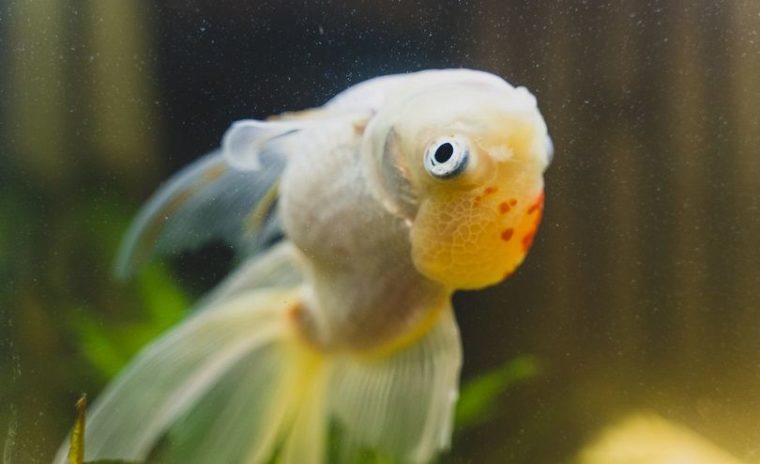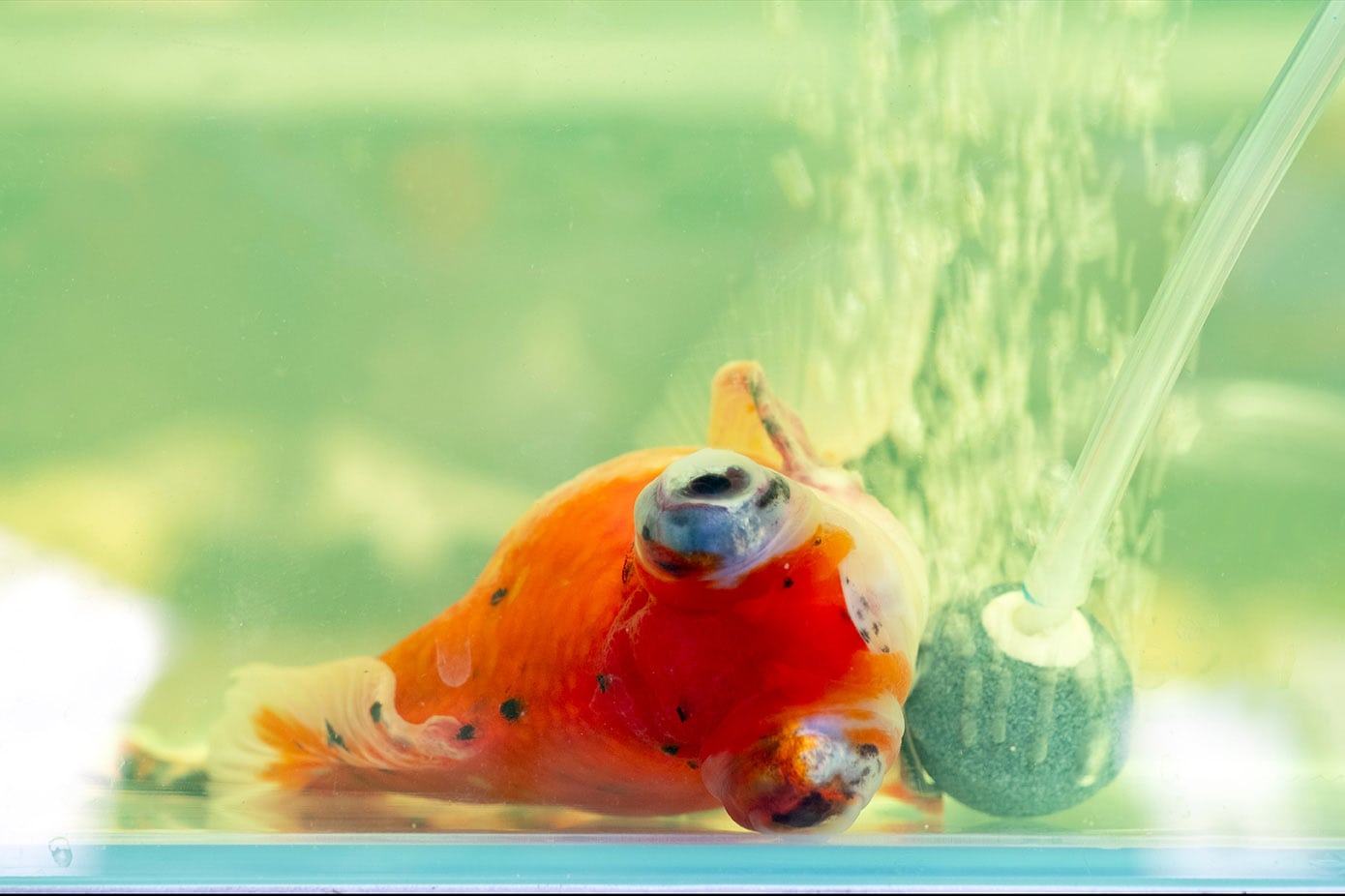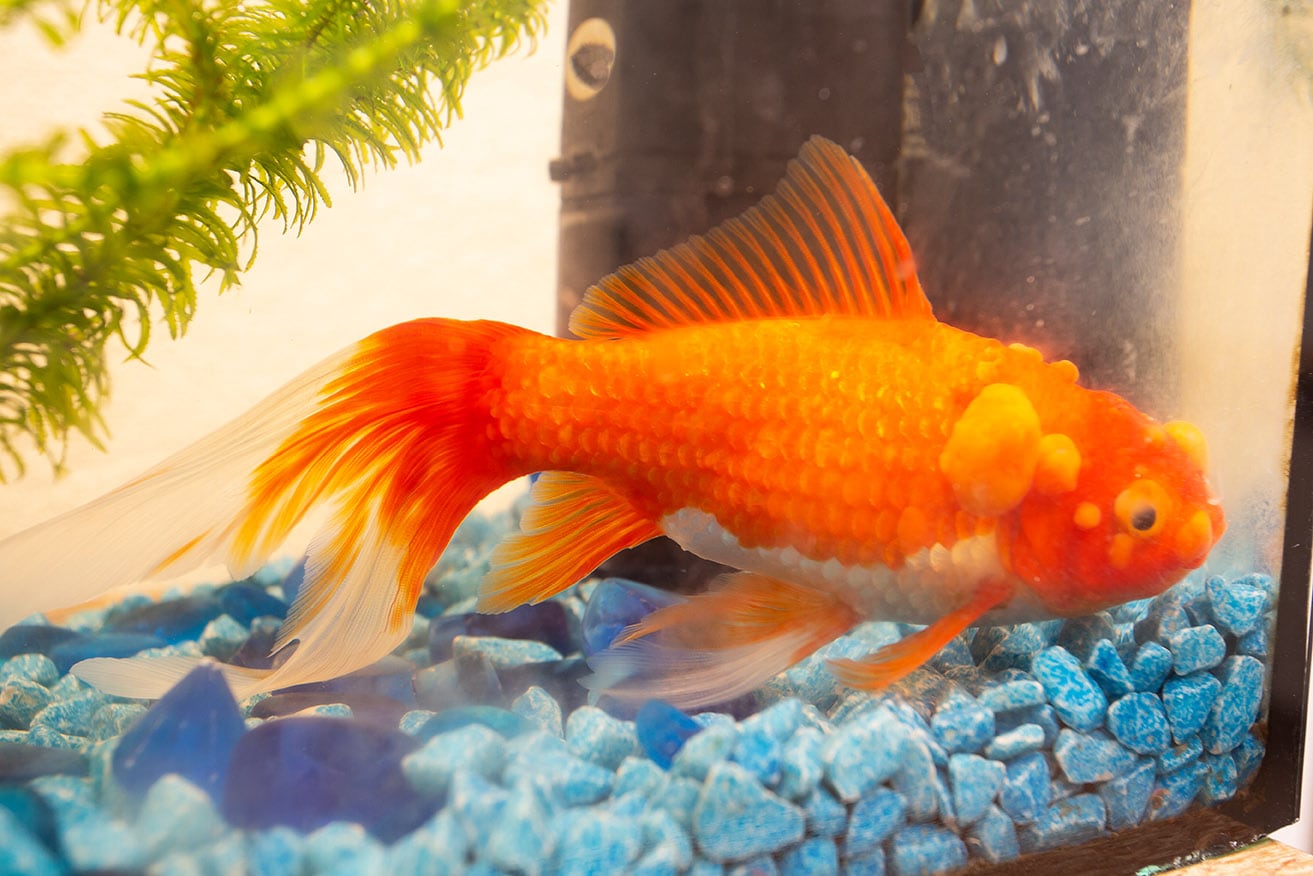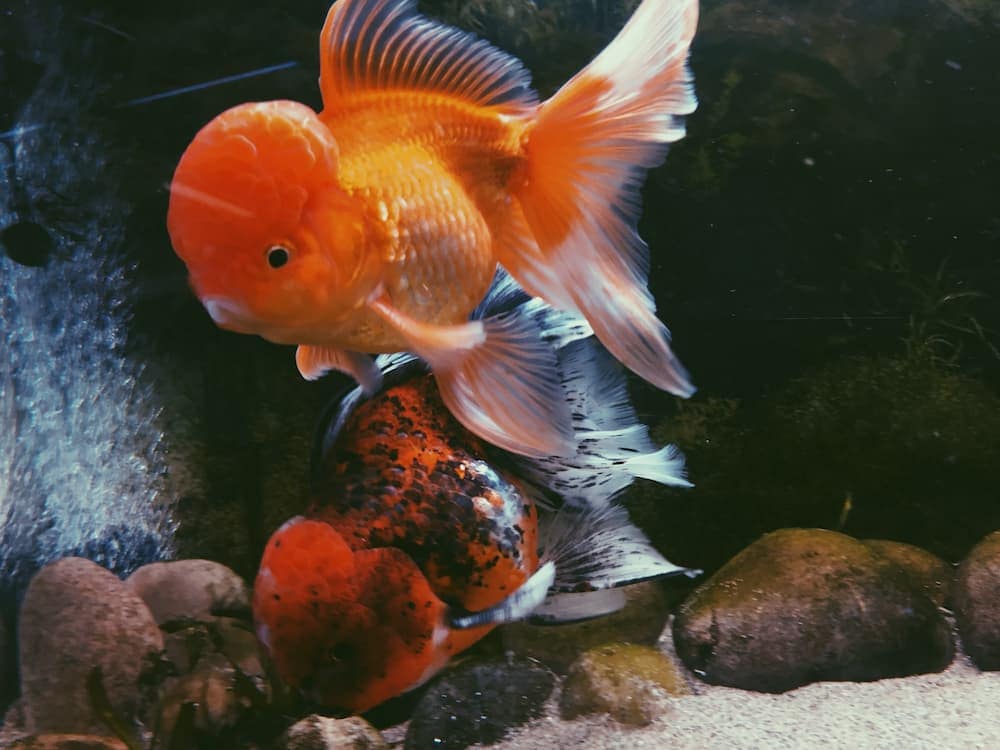
Goldfish seem like relatively straightforward fish, but you may see your goldfish exhibit some unusual behaviors on occasion. These behaviors can be benign (harmless), but they may also indicate there is an underlying problem with your water quality or your goldfish. One such behavior is seizures or seizure-like behavior, including tremors and rapid movement around the tank. But can goldfish even have seizures? As a general overview, they can have seizures, however, it is extremely rare.
Let’s talk about whether goldfish can have seizures and what the behaviors you’re seeing could mean.
Can Goldfish Have Seizures?
It is physically possible for goldfish to have seizures, but it’s exceptionally rare. So rare, in fact, that almost all verified seizures in goldfish were caused in a laboratory setting. Goldfish do have brains, and misfiring of the electrical signals in the brain lead to seizures, so it is possible for a goldfish to have seizures.
However, if you see seizure-like activity from your goldfish, it’s extremely unlikely that you’re witnessing a true seizure, and far more likely, you’re witnessing an indication of another type of problem.

If your fish isn't behaving or looking as it normally does and you suspect it may be sick, ensure you provide the right treatment, by checking out the best-selling and comprehensive book The Truth About Goldfish on Amazon today.
It has entire chapters dedicated to in-depth diagnoses, treatment options, a treatment index, and a list of everything in our fishkeeping medicine cabinet, natural and commercial (and more!).
What Can Seizure-Like Behavior in Goldfish Mean?
If you’re relatively certain that what you’re seeing is seizures in your goldfish, your best bet is to reach out to an agricultural or aquatic veterinarian who can help guide you through possible treatment options. However, there are a few far more likely things you should consider.
Flashing is a behavior goldfish will exhibit when they are itchy or in pain. This behavior consists of goldfish rapidly shooting around the tank, often twitching or bumping into décor or sides. Goldfish will flash when they have parasites that are causing irritation, like Ich or anchor worms, or when something in the water is irritating them, like elevated ammonia or nitrite levels. Fungal infections, ammonia burns, and other irritants can also lead to flashing.
If your goldfish is experiencing severe stress, which can be caused by a variety of things, including an inappropriate tank environment, bullying from tank mates, and illness, they may also show seizure-like activity accompanied by tremors. Rapid changes in tank water or a sudden change in the pH of the tank, like after a large water change, can also lead to shock and tremors in goldfish, along with the other tank inhabitants.
Can Goldfish Develop Epilepsy and Other Seizure Disorders?
The answer to this question is relatively unknown due to a lack of studies involving goldfish with naturally occurring seizure activity. What we do know, though, is that goldfish can develop tumors in various parts of their body, so it’s absolutely possible for your goldfish to develop a cancerous or non-cancerous tumor in the brain that leads to seizures or tremors.

- See Also: Can Goldfish Drown? Fact vs Fiction
Conclusion
While it is possible for goldfish to develop seizures, it’s far more likely that there is another issue happening. If your goldfish begins exhibiting seizure-like activity, then you should begin searching for a cause. Verify your water parameters are at safe levels, and always make sure that new water is the same temperature as the water in the tank and treat it with a dechlorinator before adding it to the tank. Also, check your goldfish thoroughly for evidence of parasites or infections, like white dots on the body, worm-like attachments, visible tumors, torn or cottony fins, lethargy, and inappetence.
See Also:
- Jikin Goldfish : Pictures, Origins, Facts & More
- Can Goldfish Eat Betta Food? The Surprising Answer & More!
- How to Handle a Goldfish Emergency? What You Need To Know!
Featured Image Credit: Dmitri Ma, Shutterstock










